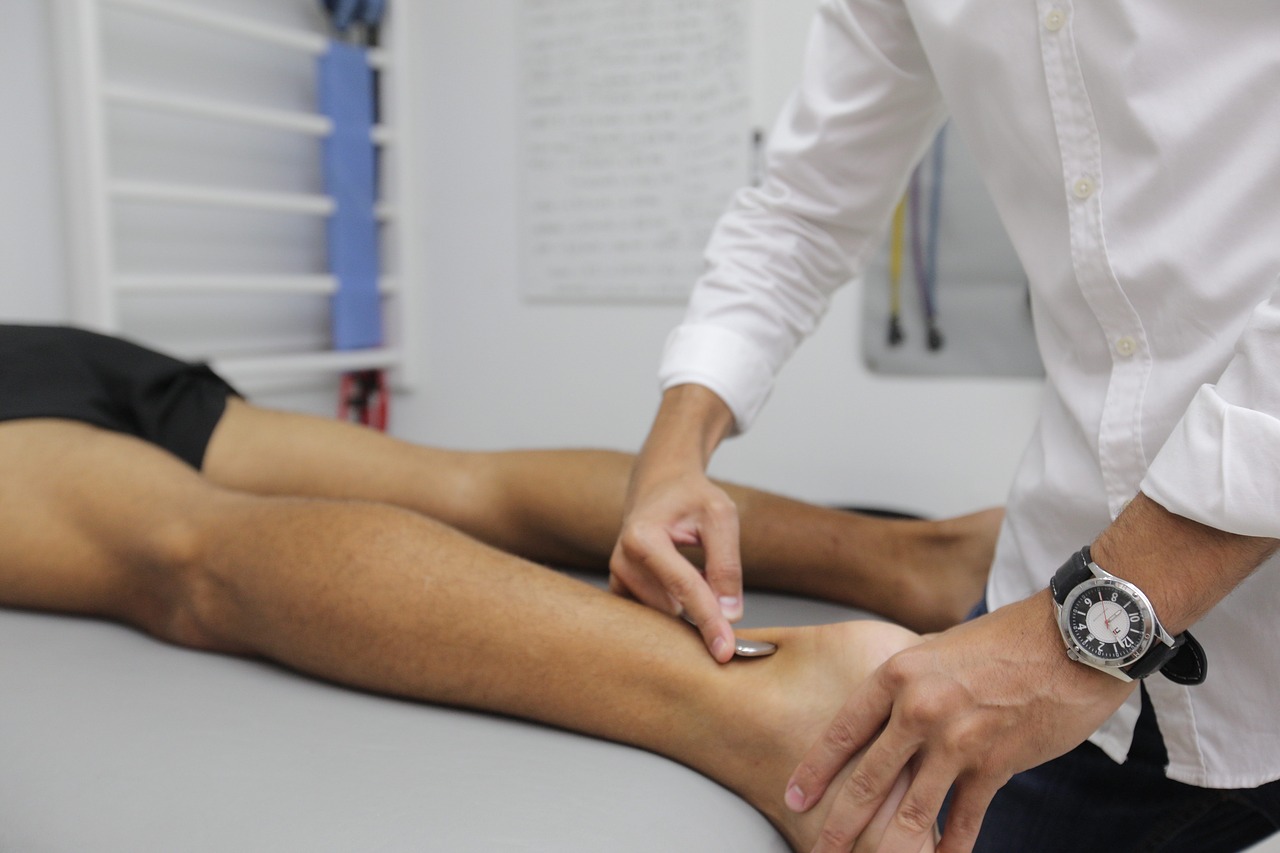Elderly individuals might need to think over and over again while taking their shoes off when they return home. Going shoeless in the home or wearing shoes or socks without any shoes can cause severe heel pain or may also add to falls among the elderly.
10 most regular reasons seniors face when they walk without slippers
- Frail hips and leg muscles
- Heel pain in the leg
- Loss of adaptability in feet making it difficult to flex them regularly
- Diminished capacity to look after equalization
- Diminished vision making it difficult to see
- Dread in light of an ongoing lurch or fall
- Moderate response time when uneven which expands dread of falling
- Medicine symptoms
- Worn or inadequately fitting shoes or shoes
- Elusive floors
What are the potential threats of walking?
Strolling shoeless in your home is moderately safe. In any case, when you head outside, you open yourself to potential dangers that could be hazardous.
Here Are 5 Reasons why you should not walk barefoot:
• SHOES PROTECT YOUR FEET FROM HOOKWORM
Hookworms can be found in pets and can be effectively be transmitted to you. Hookworms can enter your skin so venturing on debased soil of dung with your uncovered feet is sufficient to contact a hookworm disease.
• SHOES PROTECT YOUR FEET FROM INJURY
Shoes help shield your feet from wounds caused by venturing on sharp protests, for example, glass or corroded nails. Venturing on a corroded nail may result in a lockjaw contamination, which is a bacterial ailment that influences the sensory system and can frequently be deadly.
• SHOES PROVIDE SUPPORT
A decent combine of shoes generally gives solace and bolster when standing or strolling. In the case of strolling shoeless, your curves are inclined to kick back and conceivably fall, along these lines bringing about fallen curves or level feet.
• SHOES HELP PREVENT STUBBED TOES
Strolling shoeless and crashing into a household item or divider is unpleasant. You may potentially stub a toe and experience anguishing torment. Keep your shoes on, as stubbed toes can frequently come full circle separation, tendon sprain, ligament damage, or broken toes.
• SHOES PROVIDE PROTECTION FROM FALLING OBJECTS
Probably the most widely recognized reasons for foot wounds come about because of falling items on your foot, which can make a crack, break or split on your foot bones. Help keep your feet sheltered and ensured by keeping your shoes on by preventing heel pain.
If you think going shoeless may be a smart thought, reconsider. Going shoeless following a monotonous day feels incredible, however, you shouldn’t leave your feet powerless against damage or diseases. Think about wearing shoes or shoes subsequent to evacuating your shoes. You will enable your feet to inhale and rest, without leaving your feet open to hurt.
How can heel pain be treated?
In the event that you create heel pain, you can attempt these heel pain treatments at home to facilitate your inconvenience:
- Rest however much as could be expected.
- Apply ice to the heel for 10 to 15 minutes two times per day.
- Assume control over-the-counter torment prescriptions.
- Wear shoes that fit legitimately.
- Wear a night support, an uncommon gadget that extends the foot while you rest.
- Use heel lifts or shoe supplements to lessen torment.
If these home consideration systems don’t facilitate your torment, you have to see your experienced physiotherapists. They’ll play out a physical test and get some information about your indications and when they started. Your specialist may likewise take an X-ray to decide the reason for your heel torment. When your specialist realizes what’s causing your torment, they’ll have the capacity to give you the heel pain treatment.
At TriBeCa Care, we give a scope of administrations including Pain Management, Neuro Rehab, Pulmonary Rehab, and Geriatrics Rehab. TriBeCa Care’s brilliant group of prepared and experienced physiotherapists gives you the best of heel pain treatment at your home. Our elderly adults get treated through enhanced and advanced physiotherapy for experiencing serious heel pain.
For further details, visit us at www.tribecacare.com to book an appointment.
E-mail us at: enquiry@newwpsite.tribecacare.com or call us on +91 33 402 777 77/ +91 8017770323

